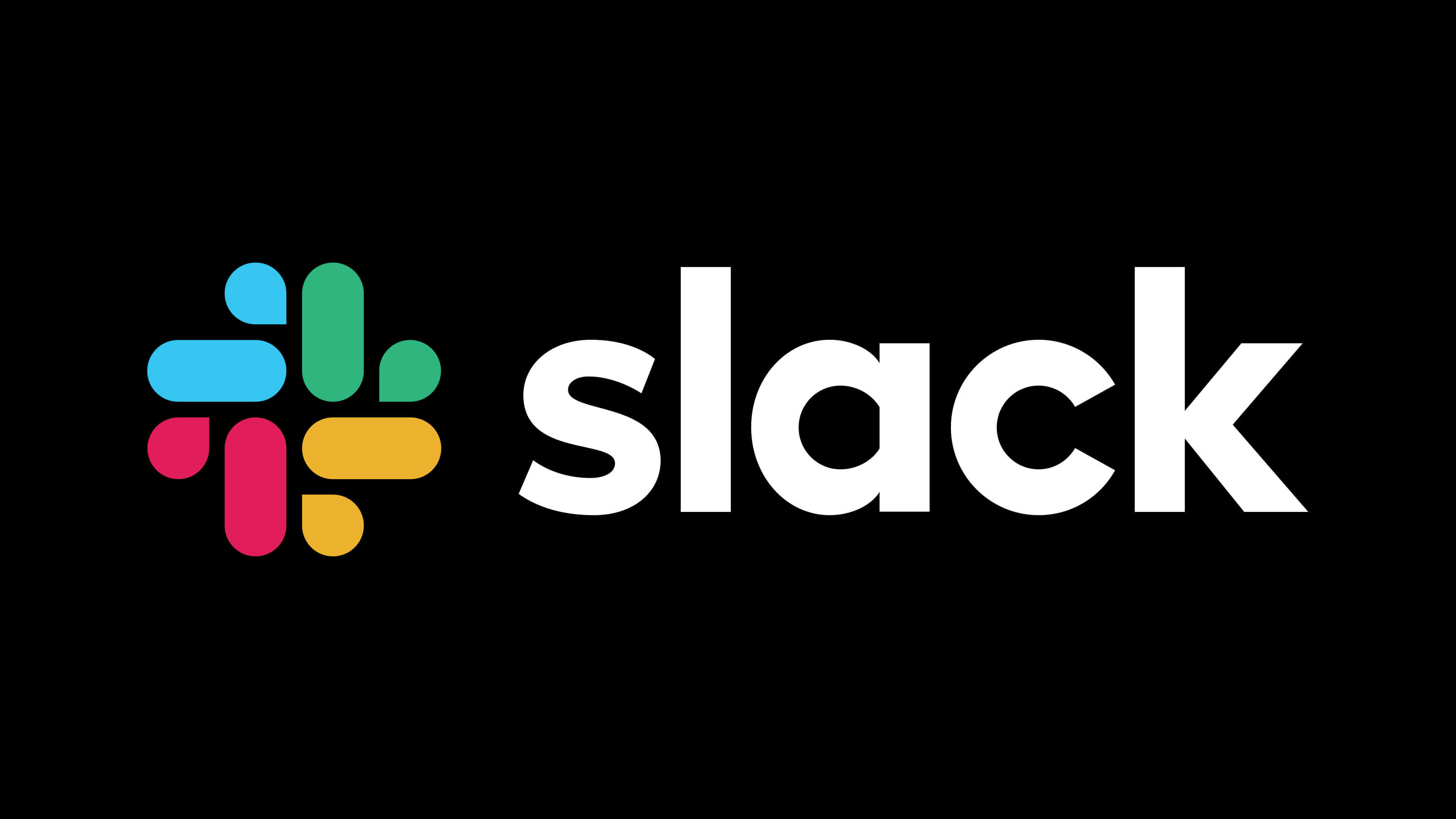How to Find Success at a Career Fair: Essential Tips for Young Professionals

Unlocking Opportunities: The Ultimate Guide to Career Fair Success
Career fairs are a goldmine for young professionals and recent graduates eager to jumpstart their careers. These events bring together numerous companies in one place, offering a unique opportunity to explore various career paths, make valuable connections, and even land interviews. However, navigating a career fair can be overwhelming if you're unprepared. This guide will arm you with essential strategies to make a lasting impression and turn your next career fair into a stepping stone to success.
Plan Your Attack: Preparing for the Career Fair
Preparation is key to making the most out of a career fair. Start by researching the participating companies ahead of time. Understand their business, culture, and the roles they are looking to fill. This allows you to tailor your approach and have meaningful conversations. Create a list of companies you want to target and prioritize them.
- Research and Target Companies: Look up the companies' websites and read recent news about them. Understand their products, services, and values to see how your skills align with their needs.
- Prioritize Your List: Rank the companies by importance. Focus on your top choices early in the day when both you and the recruiters are fresh.
- Start with Less Crucial Companies: Practice your pitch with companies that are lower on your priority list. This helps you gain confidence before approaching your top choices.
Remember, popular companies will attract long lines, so get there early and be prepared to wait. Use this time to review your notes and refine your pitch.
Dress the Part: Career Fair Attire
First impressions matter, and your attire is a significant part of how you present yourself. Aim for business casual, which strikes a balance between professional and approachable. For men, this could mean a dress shirt and slacks. For women, a blouse with a skirt or trousers is appropriate. Avoid casual clothes like jeans and t-shirts.
- Business Casual is Key: Choose clothing that is neat, clean, and professional. Avoid overly casual items and opt for polished and comfortable attire.
- Grooming and Accessories: Keep your appearance tidy and accessories minimal. A professional bag or portfolio can help you carry your materials in style.
- Comfort is Important: You'll be on your feet for a while, so wear comfortable shoes that are still professional.
Dress to impress, but also dress for the long haul. You want to look your best throughout the event, so choose clothing that you can move and feel confident in.
Master Your Elevator Pitch
Your elevator pitch is a quick and persuasive speech that introduces you to recruiters and sparks their interest. This brief summary should highlight who you are, your career goals, and what you can offer to the company. Practice your pitch until it feels natural and confident.
- Craft a Compelling Introduction: Start with a strong opening that grabs attention. Mention your name, current status (e.g., student, recent graduate), and a brief overview of your career aspirations.
- Highlight Your Unique Selling Points: Focus on key skills and experiences that are relevant to the roles you're interested in. Tailor your pitch to address the needs of the companies you're targeting.
- Engage with Enthusiasm: Show genuine interest in the company and the conversation. Enthusiasm is contagious and can leave a positive impression.
An effective elevator pitch can make you memorable to recruiters and increase your chances of being called for an interview. Keep it concise and impactful.
Navigate Like a Pro: Tips for Career Fair Day
The day of the career fair can be hectic, but with the right strategies, you can navigate it like a pro. Arrive early to beat the crowd and secure more time with the recruiters. While it's good to have a plan, be flexible and ready to adapt to the dynamics of the event.
- Arrive Early: Getting there early gives you the advantage of shorter lines and more time with the recruiters. Aim to be among the first to enter the fair.
- Have a Flexible Schedule: While prioritizing your top companies is crucial, don't get discouraged by long lines. Be willing to adjust your plan and visit less crowded booths while waiting for others.
- Make the Most of Every Interaction: Treat every conversation as a networking opportunity. Collect business cards and jot down notes after each discussion to help you remember key details for follow-up.
Remember, a career fair is an all-day event. Plan to stay for several hours to maximize your opportunities and make meaningful connections.
Boost Your Confidence with Preparation
Confidence is crucial when engaging with recruiters and representatives at a career fair. One of the best ways to build confidence is through thorough preparation. This includes practicing your elevator pitch, understanding the companies you'll meet, and knowing how to navigate common career fair scenarios.
- Practice Mock Interviews: Simulate interactions with friends or career coaches. This practice can help reduce anxiety and improve your responses during actual conversations.
- Prepare Questions for Recruiters: Have a list of insightful questions ready. This shows that you are genuinely interested and have done your homework.
- Know Your Resume Inside and Out: Be ready to discuss any part of your resume in detail. Recruiters appreciate candidates who can confidently talk about their experiences and skills.
Being well-prepared helps you engage more effectively and leave a lasting impression on potential employers.
Networking Beyond the Booths
While the main goal at a career fair is to connect with recruiters at the booths, there are numerous other networking opportunities. Engage with your peers, attend any workshops or sessions, and be open to spontaneous conversations.
- Interact with Fellow Attendees: Your peers could be future colleagues or valuable contacts in the industry. Networking with them can be just as important as speaking with recruiters.
- Attend Workshops and Panels: Many career fairs offer sessions on various career development topics. Participate in these to learn and connect with speakers and other attendees.
- Engage in Informal Conversations: Don't hesitate to strike up a conversation in line or at the refreshment area. These informal chats can lead to unexpected opportunities.
Remember, everyone at the career fair is there to make connections. Be open and proactive in building your network.
Leveraging Technology for a Competitive Edge
In today's digital age, leveraging technology can give you a significant advantage at career fairs. From researching companies to following up with recruiters, technology plays a crucial role in every stage of the career fair process.
- Use Mobile Apps: Many career fairs have dedicated apps that provide details about the event, participating companies, and available roles. Use these apps to plan your day and stay updated.
- Connect on LinkedIn: Before the fair, update your LinkedIn profile to reflect your latest experiences and skills. After the fair, connect with recruiters and mention specific conversations to strengthen your professional network.
Effectively using technology can streamline your career fair experience and enhance your ability to connect with potential employers.
Post-Fair Actions to Solidify Connections
Once the career fair is over, the real work begins. Following up with the contacts you made is crucial to turning those initial meetings into future opportunities. Here's how to stay on top of your post-fair actions:
- Organize Your Notes: Review and organize any notes or business cards you collected during the fair. This will help you remember important details about each contact.
- Send Personalized Thank You Emails: Within 24 hours, send a thank you email to each recruiter or representative you spoke with. Mention specific topics from your conversation to make your message more memorable.
- Reflect on Your Experience: Take time to reflect on what went well and what could be improved for future events. Use this reflection to prepare better for your next career fair.
Staying proactive after the fair can set you apart from other candidates and keep you fresh in the minds of potential employers.
Ready to kickstart your career?
Check out OfferPilot for more tips and resources on landing your dream job!
Frequently Asked Questions

Omar Rady
Omar Rady is the CEO of OfferPilot, leading the company with a vision to revolutionize the job search process. His extensive background in human resources and career development fuels his dedication to helping job seekers advance their careers.
You should also check out


